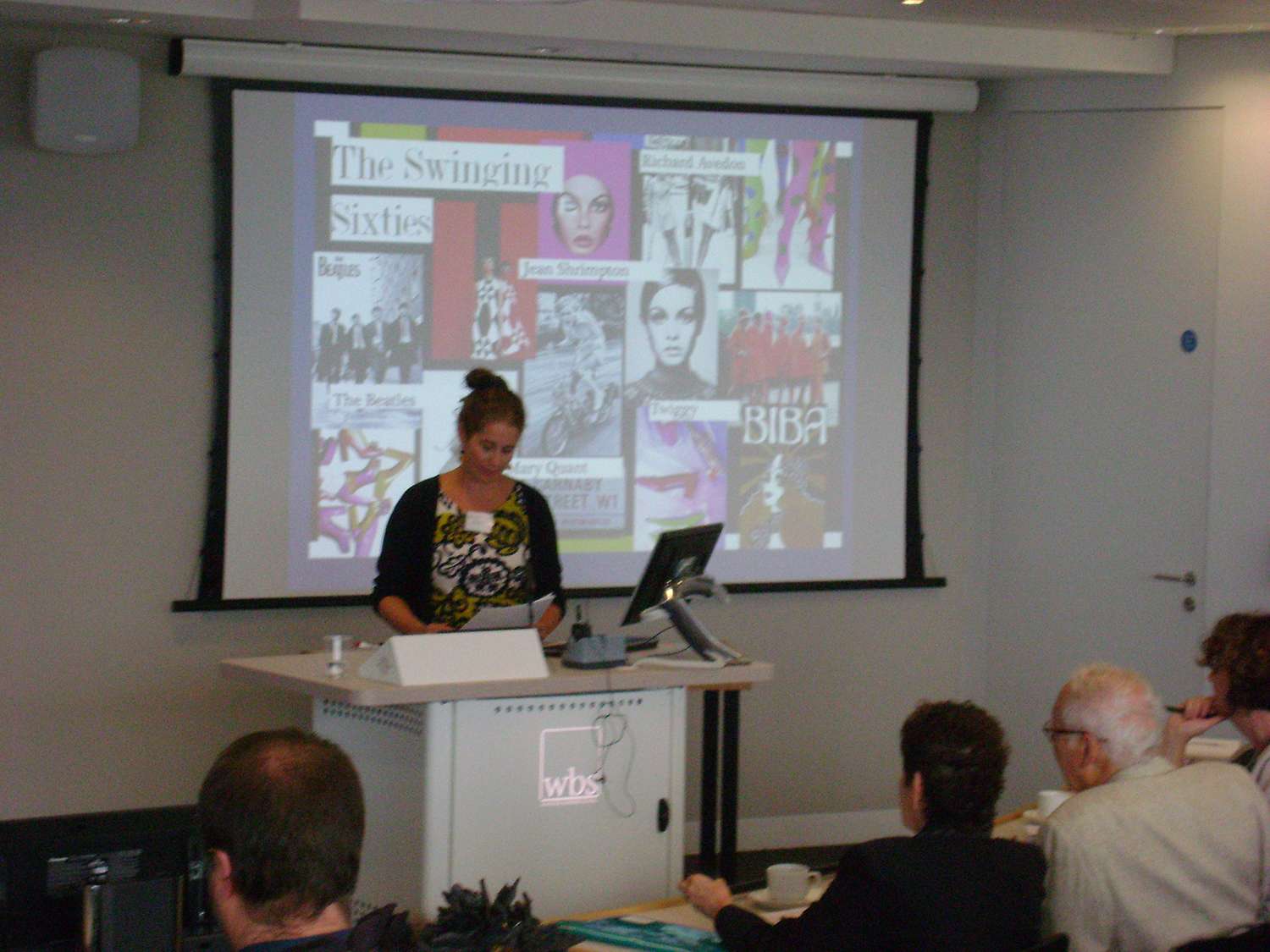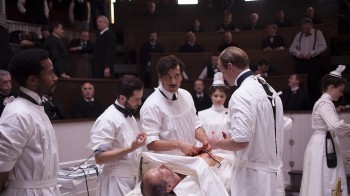
This article is the result of a recent, but brief conversation with Matt Hills on Facebook, where we discussed the merits of the BBC’s Sherlock and fandom.

This article is the result of a recent, but brief conversation with Matt Hills on Facebook, where we discussed the merits of the BBC’s Sherlock and fandom.

I am long overdue a new television set. To my embarrassment, my television set is second hand, occasionally cuts out and sits atop an ugly prefabricated television stand that clashes with the surrounding 1950s-era furniture. I have considered purchasing a 1950s-era television set but it would not, of course, be WiFi enabled and internet-ready.
August 11, 2015 is the day Pretty Little Liars (2010-) unmasked ‘A’, a day five years in the making: (Spoiler) ‘A’ is CeCe Drake (Vanessa Ray) on PLL . I write about this reveal not just from a personal investment in the show or because it comprises a part of my PhD dissertation, but because of how the reveal divided the fandom and the popular entertainment news media.

’ve spent what little time I’ve had recently on the ADAPT TV History project trawling through the BBC Internet blog on topics to do with innovation and social media (I say what little time I have, as for heads of department like me, time is increasingly dominated by TEF (let alone REF), consumer compliance law and our new duties to prevent studies from being ‘drawn into terrorism’). In any case, this has hampered my ability

As Halloween came and went, various images of costumes circulated on social media. One of my favourites showed a mini-Predator with the caption ‘Not every girl wants to be a princess.’ My first response was to laugh in recognition. My second was to think about the kind of princess I might have wanted to be. The ones who were around in popular media when I was young were Leia and Diana Prince.

Spying on Spies was an international conference held in London over 3-5 September 2015, organised collaboratively by myself and Toby Manning (Open University). The aim was to bring together a diverse array of international research on the spy thriller, one of the defining popular genres of the 20 th and early 21 st centuries which has provided an alternative lens onto broader cultural and geopolitical shifts

A few months ago the LA Times ran a piece entitled ‘Women at the CW work to keep sexual violence off their shows’. It detailed the discussions of the ‘Running the Show: The Women Executive Producers of the CW’ panel held at The CW Summer TCA Tour in August.
%20arrive%20to%20question%20Sir%20Phillip%20Cross%20(Trevor%20Eve)%20in%20Unforgotten.jpg)
It was a quiet TV night and New Tricks (2003 – 2015) was coming to an end. In the Cold Case office, the three police detectives, brought out of retirement, and their younger boss were solving the case.

On July 18, 2015, Lena Dunham shared the following diagnosis for the title character from Daria (1997-2002), MTV’s cult animated series, with her two million Instagram followers: ‘I love Daria just as much as the next child of the 90s but I am also concerned not enough of us realized she was rude and almost definitely had clinical depression/could have benefitted from therapy and maybe some medication.

Mapping medical television is a complicated task.